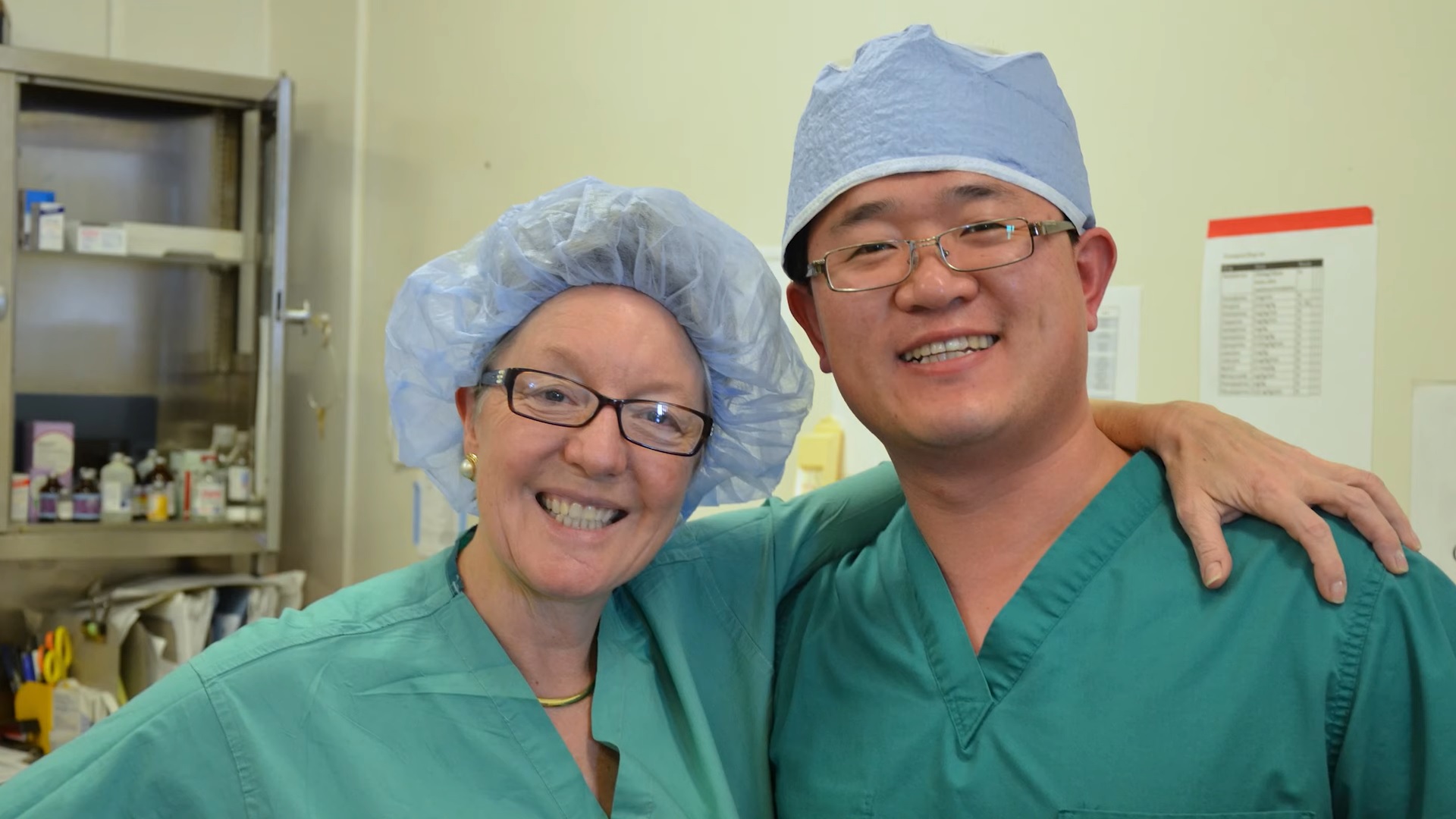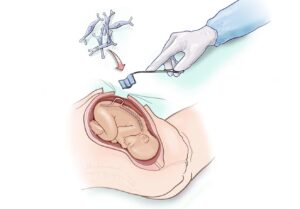
South San Francisco, CA, Dec. 15, 2023 – The Independent Citizens Oversight Committee (ICOC), the governing board of the California Institute for Regenerative Medicine (CIRM), named Jonathan Thomas, PhD, JD as CIRM’s Interim President and CEO at the Dec. 14 meeting. Dr. Thomas previously served as the ICOC Board Chair, a position he held for 12 years before retiring in early 2023.
The ICOC formed a presidential search committee to identity a new CEO and President, following the departure of Dr. Maria Millan in November of this year. Dr. Thomas will serve as Interim CEO throughout the executive search process.
“We are pleased to confirm JT (Dr. Thomas) as the interim President and CEO for CIRM, an appointment that brings valuable support to the agency’s momentum during the ongoing search for a new permanent President and CEO,” said Vito Imbasciani, PhD, MD, Board Chair of CIRM. “The board is dedicated to recruiting a permanent leader with strong strategic leadership experience who will help the organization in its next phase of growth.”
JT was elected as Chair of the Board in 2011 after he was nominated by then-Governor Jerry Brown, Treasurer Bill Lockyer, and Lieutenant Governor Gavin Newsom. In that time, he led CIRM in granting $2.5 billion to support groundbreaking research to accelerate stem cell treatments to patients with unmet medical needs.
He chaired the agency as CIRM expanded its work with industry, revamped its award processes, prepared for the expiration of bond funding, supported the drafting of Proposition 14, and planned for the next phase of CIRM’s programs after the voters approved $5.5 billion in additional funding.
Before joining CIRM, he was a Co-Founding Partner at Saybrook Capital, an investment banking and private equity firm, where he led an early round of financing for Advanced Cell Technology (now Astellas Pharma). JT’s legal experience includes clerking for White House Counsel Lloyd Cutler in the last year of the Carter Administration and clerking for the Honorable George Mackinnon of the United States Circuit Court of Appeals for the District of Columbia Circuit. JT holds a bachelor’s degree from Yale University, a JD from Yale, and a PhD from Oxford University, where he was a George C. Marshall Scholar.
“I’m excited and honored to rejoin CIRM’s team and Board in this new capacity. My goal during this interim period is to work with CIRM’s incredible leadership team to continue to deliver on our mission and to provide steady guidance throughout this transitional period,” said Dr. Thomas.
For more information go to www.cirm.ca.gov




